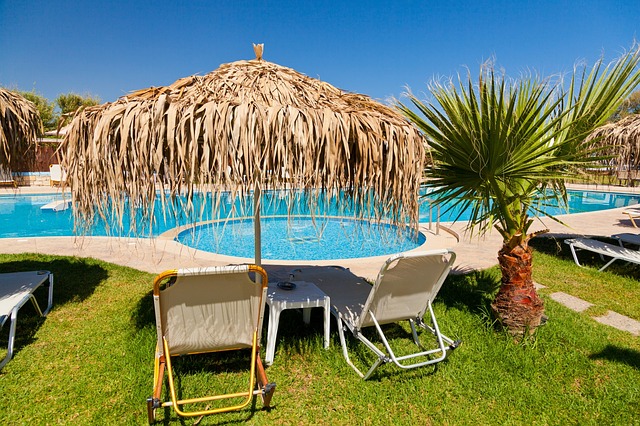boraxo
Guest
- Joined
- Aug 11, 2020
- Messages
- 146
- Reaction score
- 58
- Resorts Owned
- Hyatt High Sierra, Villa Resorts (Mexico)
This is an interesting question which I had not considered when we purchased our resale unit. We placed the unit in our living trust since our children are minors, but I see now there are mixed views on using a trust as you can't "disclaim". Many estate attorneys suggest use of a trust, but that is for convenience of transfer and begs the question of what happens if the beneficiaries do not want it.
 www.redweek.com
www.redweek.com

 www.schomerlawgroup.com
www.schomerlawgroup.com
In the end I am not sure it matters as the money works out the same. If the unit is owned by the trust, the trust is responsible for maintenance fees until it is sold. That will reduce the remaining funds available to the beneficiaries. If the unit is handled through a will, the executor will be responsible for the fees until it is sold (also reducing the amount for the beneficiaries). Either way the fees come out of the estate or trust assets.
All that said, as a practical matter it sounds like most reputable companies will allow the executor to deed back the unit (which they can resell) or they will foreclose when dues aren't paid, which will extinguish the liability going forward. Either way, the heirs, executor or trust is off the hook going forward. The only potential liability would be for fees due after the death but before the transfer or foreclosure.
To me, the trust still makes good sense as it does not create any financial exposure for my children since they are not trustees. In the event they do not want it, they can easily sell it to someone (there is a good resale market) or let it foreclose.
Passing on Your Timeshare Without Problems: Set Up a Trust | RedWeek
Many timeshare owners will consider, at some point, that they want their children or family members to have their timeshare when they die. How you hold title to your property affects how title is transferred upon your death

Should I Include my Timeshare in my Living Trust? | Los Angeles Estate Planning Attorneys
If you are considering establishing a living trust as part of your estate plan, you should know that funding a timeshare into a living trust can be tricky
 www.schomerlawgroup.com
www.schomerlawgroup.com
In the end I am not sure it matters as the money works out the same. If the unit is owned by the trust, the trust is responsible for maintenance fees until it is sold. That will reduce the remaining funds available to the beneficiaries. If the unit is handled through a will, the executor will be responsible for the fees until it is sold (also reducing the amount for the beneficiaries). Either way the fees come out of the estate or trust assets.
All that said, as a practical matter it sounds like most reputable companies will allow the executor to deed back the unit (which they can resell) or they will foreclose when dues aren't paid, which will extinguish the liability going forward. Either way, the heirs, executor or trust is off the hook going forward. The only potential liability would be for fees due after the death but before the transfer or foreclosure.
To me, the trust still makes good sense as it does not create any financial exposure for my children since they are not trustees. In the event they do not want it, they can easily sell it to someone (there is a good resale market) or let it foreclose.
